Paris: Is climate protection getting serious?
By early November more than 150 countries had voluntarily submitted their proposals for climate protection to the United Nations Climate Secretariat (UNFCCC), and many companies now have faith in active climate protection. However, despite this positive development, CO2 concentration continues to increase. Patrick Hofstetter of the World Wildlife Fund (WWF) Switzerland thinks quick and determined action is needed.
The year 2014 went down in history as the hottest year since record keeping began – until this record was broken in 2015. In Switzerland, summers are getting hot and unproductive – in other countries rising temperatures are more about life and death.
Poor harvests and ensuing famine lead to political instability and migration. Oceans are getting warmer and more acid. Coral bleaching is affecting the underwater world as badly as never before. The conference in Paris is due to decide whether this phenomenon is the start of a long nightmare or a wake-up call to spare us the worst.
Where are we at today?
After a first ambitious attempt did not meet the expectations in Copenhagen in 2009, experts have been drafting a new climate agreement since 2011. Outside these negotiations, the world has changed though. Climate-friendly technologies have been developed and can now almost compete with fossil fuels.
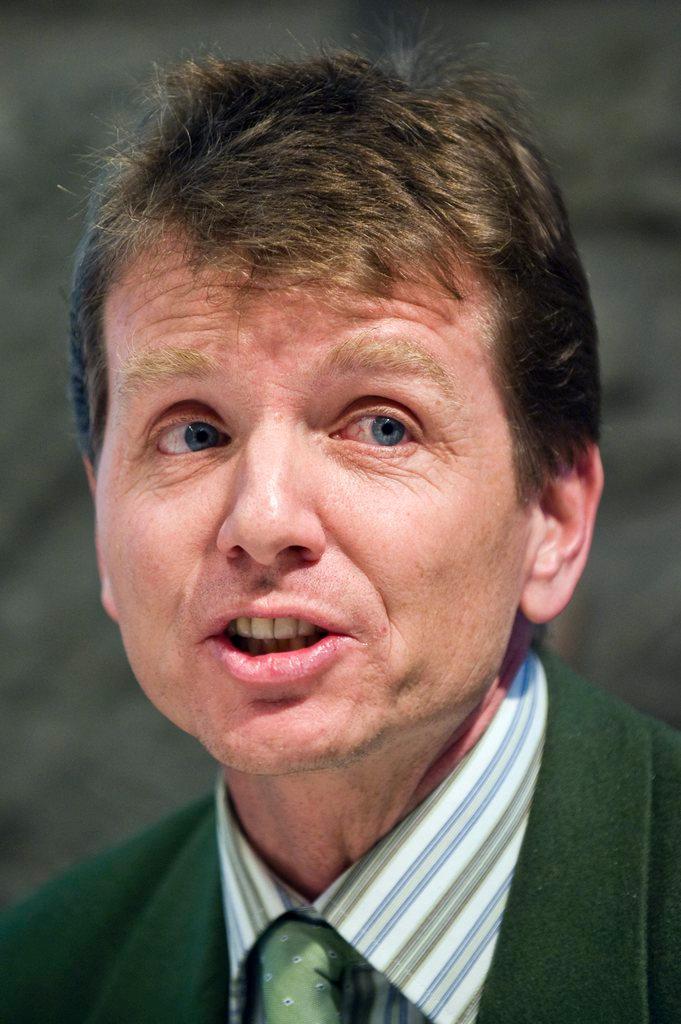
With a top performance of 135 gigawatt, last year saw the biggest extension of power plant capacities for solar, wind and other renewable energies as never before. In comparison, with an output of only 0.37 gigawatt, the nuclear power plant in Mühleberg only produces a fraction of this.
Furthermore, many companies have realised that active climate protection offers opportunities and minimises risks. The findings of climate research have been widely recognised. Even the Pope and other spiritual leaders have reached their religious communities by making urgent appeals about climate change.
The two geopolitical heavy weights, the US and China, already demanded a new climate agreement a year ago. Multilateral development banks have started to include the effects of climate change into their projects.
Institutional assets of $2,600 billion come from shares of fossil fuel companies, and the number is rising daily. This divestment is happening for two reasons: on one hand it is becoming increasingly possible that not all sources of fossil fuels are – or can be – used in order to adhere to the climate protection objectives; a development that will have a negative effect on the share prices of these companies.
On the other hand, the money can be reinvested and used to set up a more climate-friendly infrastructure.
Much ado about nothing
Despite this positive development the CO2 concentration in the atmosphere continues to rise. Will this finally change after Paris? By early November more than 150 countries had voluntarily submitted their proposals for climate protection to the United Nations Climate Secretariat (UNFCCC).

More
Little Switzerland – a major climate change player
This means many countries have finally started to take greenhouse emissions into account when drafting their development plans. This is important. This would also mean though that the remaining CO2 budget, which is set aside to prevent dangerous and increasing climate change of more than two degrees, would be gone by 2036.
What Paris needs to deliver
We need to act more quickly and determinedly. Not investing clean money into old dirty technologies – such as building coal-fired power plants or replacing old oil and gas heating systems with new oil and gas heating systems – is part of this strategy. The agreement of Paris needs to set clear guidelines for this.
From WWF’s point of view, the following points are extremely important for Paris: Measures to decrease greenhouse emissions should be taken or stepped up now, and not only in 2020. States should regularly revise and step up their climate protection regulations.
The long-term goal should envisage making fossil fuels obsolete by 2050. States should introduce measures that would help them deal with the inevitable effects of climate change. If at all possible, culprits who have historically caused climate change should solidly compensate for irreversible climate damage. A quick transformation needs an extensive exchange of knowledge, technologies and finances. Opportunities and burden have to be evenly distributed.
What about Swiss diplomacy?
Thanks to the negotiating delegation’s engagement, Switzerland plays an important role in the climate negotiations. However, it has neglected its homework. For the following three points, WWF calls for a credible policy from Switzerland.
1. Greenhouse gas emissions should annually decrease by three per cent. Switzerland’s reduction target for the period between 2021 and 2030 is significantly weaker than the equally insufficient targets of the US and the EU.
2. Switzerland should support developing countries with knowledge, technologies and finances. This money should be taken from CO2 producers and not be taken from the money allocated for the fight against poverty. Due to Switzerland’s strong economy, one per cent of the worldwide cost would be appropriate.
3. Switzerland should support a mechanism to compensate damage and losses caused by climate change.
Summary
A large part of civil society is serious about climate change. With its 60 member organisations, Switzerland’s Climate Alliance submitted a petition with more than 107,000 signatures demanding the Federal Council as well as the Parliament to pursue a just and ambitious climate policy.
An increasing number of companies and future-orientated economic associations have adopted these demands – in Switzerland and all over the world. Paris can add some momentum to this new dynamics and define its direction. It’s up to the countries, cantons and communities to develop and realise measures and goals and pave the way to a climate-friendly future.
The views expressed in this article are solely those of the author, and do not necessarily reflect the views of swissinfo.ch.
swissinfo.ch publishes op-ed articles by contributors writing on a wide range of topics – Swiss issues or those that impact Switzerland. The selection of articles presents a diversity of opinions designed to enrich the debate on the issues discussed.

In compliance with the JTI standards
More: SWI swissinfo.ch certified by the Journalism Trust Initiative
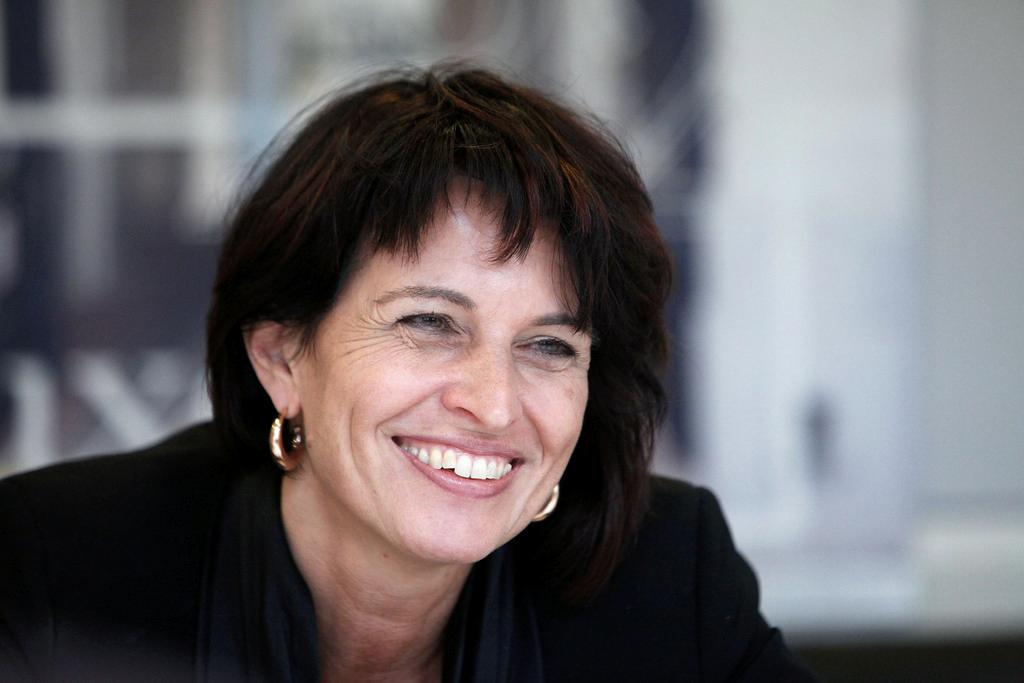
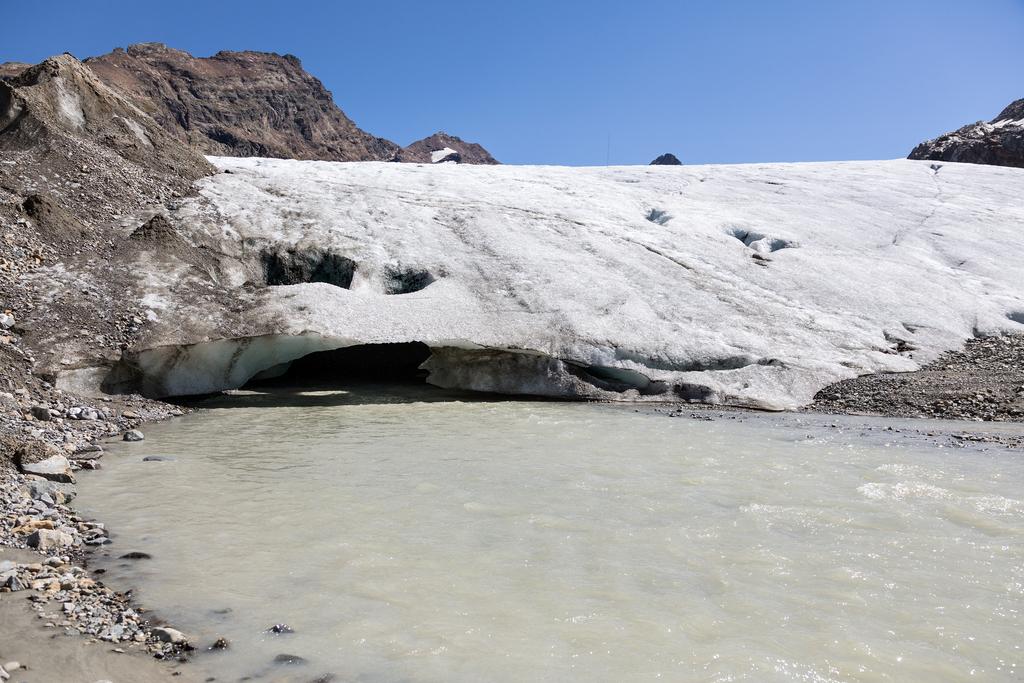
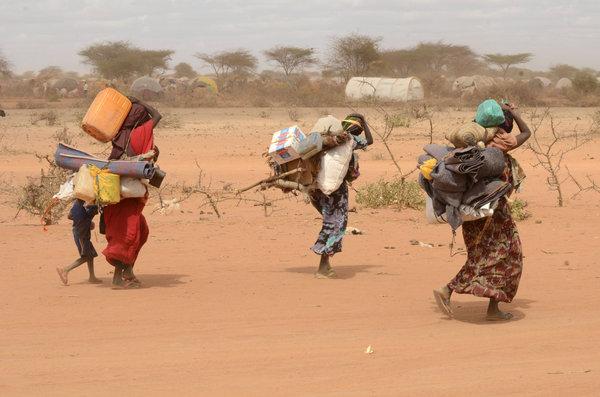
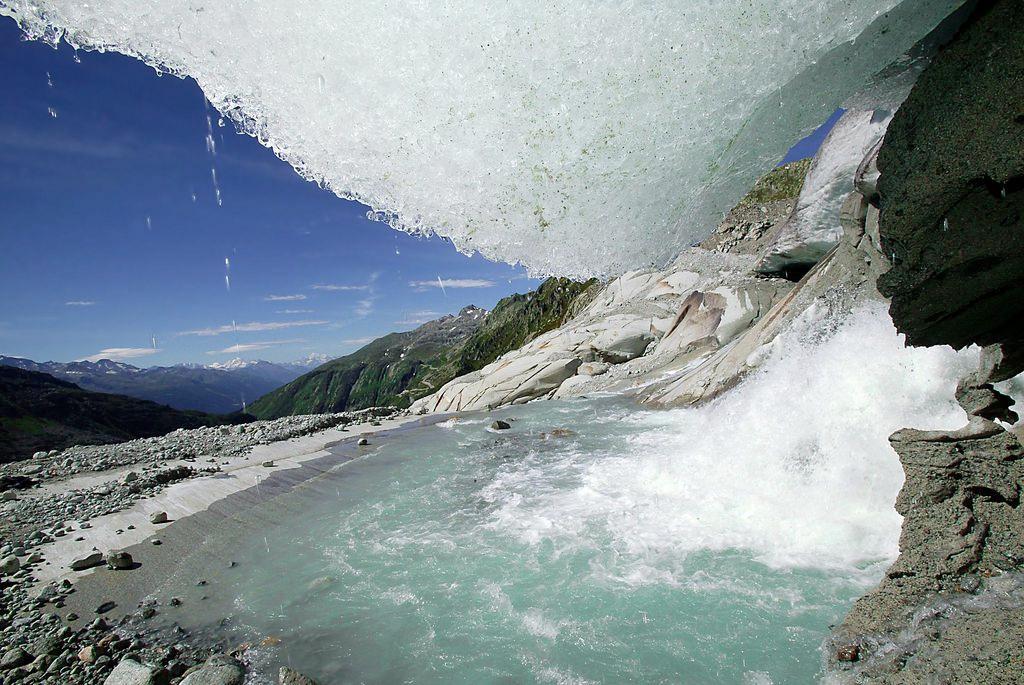
You can find an overview of ongoing debates with our journalists here. Please join us!
If you want to start a conversation about a topic raised in this article or want to report factual errors, email us at english@swissinfo.ch.